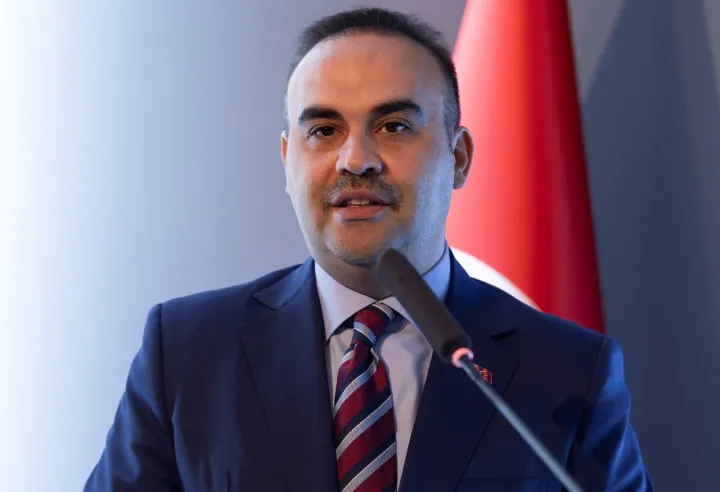By Coletta Wanjohi
On January 11, Uganda declared the end of a four-month Ebola outbreak, bringing relief to the continent ravaged by the virus over the years.
But the Africa Centres for Disease Control and Prevention (Africa CDC) – the continent’s top public health body – has warned countries against complacency to prevent another outbreak.
At least 55 out of the 143 infected people were killed in Uganda’s eighth Ebola outbreak since 2000. The country will remain under surveillance for 90 days from the date of the Ebola-free declaration.
The neighbouring Democratic Republic of Congo (DRC) was also declared Ebola-free on September 27 last year after battling its 15th Ebola outbreak.
Burundi, Kenya, Rwanda, DRC, South Sudan and Tanzania were put on high alert when Uganda announced the outbreak on September 20, 2022.
Ebola – which spreads through contact with the bodily fluids of an infected person – has a fatality rate of about 50 percent. Between 2013 and 2016, more than 11,300 people died of the virus in West Africa, official data show.
Most of the fatalities have been caused by the Sudan strain of the virus that has no proven vaccine. The latest outbreak in Uganda was attributed to the Sudan strain, while the more common and milder Ebola Zaire has been behind several recent epidemics in the DRC and elsewhere.
Coordinationis key
The World Health Organization (WHO) says about $3 million was allocated to help West African countries battle potential outbreaks.
However, the Acting Director of Africa CDC, Dr Ahmed Ogwell, stressed that effective control of outbreaks is based on access to communities.
“When you can be able to access the community 100 percent, you can be able to engage them directly, regularly, consistently and monitor what that engagement result is giving you,” Ogwell said during a media briefing.
“In the DRC, it has been a bit of a challenge, particularly in the corridor where there have been conflicts, part of the reason there is a bit of stubbornness in that part of Africa,” he added.
He added that coordination of efforts at the national level is always critical.
“Whenever there is a crisis, there is always possible help. But, if it is not coordinated, it does not yield quick results. In Uganda, the coordination was from the get-go, right from day one, the minister of health was in charge of the process, and she coordinated it until the end of the outbreak.”
The Africa CDC said the outbreak might be over, but the virus is not extinct.
Waiting for vaccine
In 2019, the US. Food and Drug Administration approved the Ervebo vaccine, which it said is safe and protective against the Zaire ebolavirus that is common in the DRC.
But there is still no vaccine for the Sudan strain that Uganda has suffered over time.
The origin of the virus also remains unknown as medical research on it continues.
Uganda is preparing to start clinical trials to evaluate candidate vaccines against the Sudan ebolavirus.
The first doses of one of the three candidate vaccines arrived in the country in December 2022.
However, trials of the vaccines have not yet started as officials say trials for that strain of Ebola are only carried when cases are widespread.
Dr Ogwell said that to curb future outbreaks of Ebola, citizens must be ready to share information with health authorities.
“Outbreaks start and end at the community. If the community is at the centre of the identification of an outbreak, then you get to know about it quickly. If the community cannot identify an outbreak or keep it to themselves, it spreads to many more people.” Ogwell said.
Uganda has been credited with early diagnosis and treatment of cases in curbing infections.
























